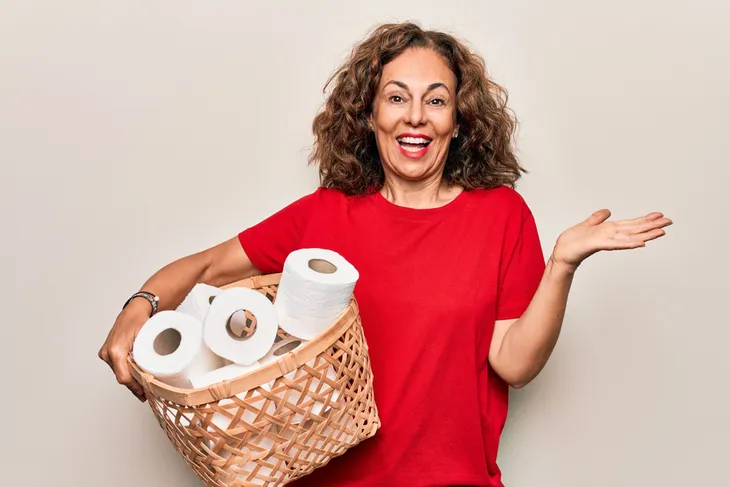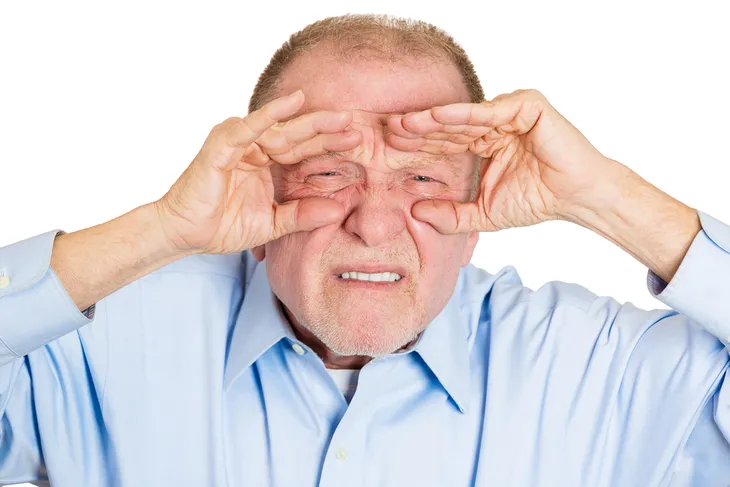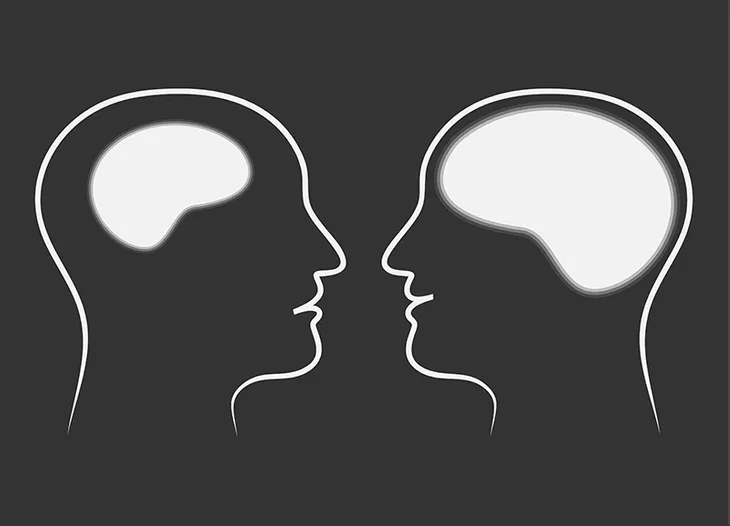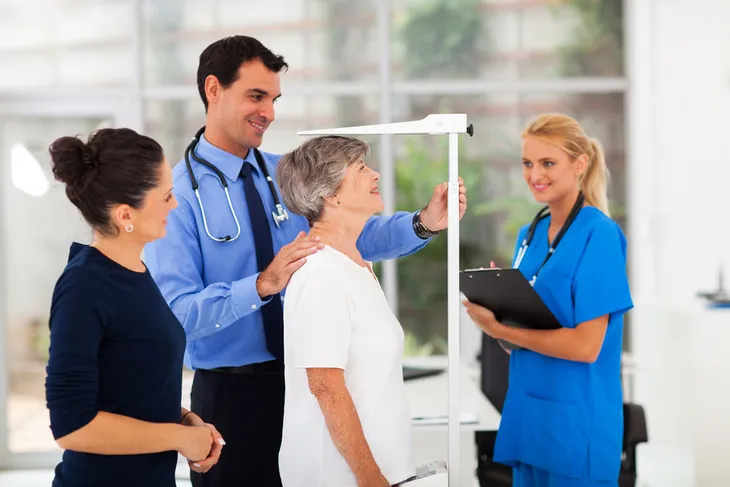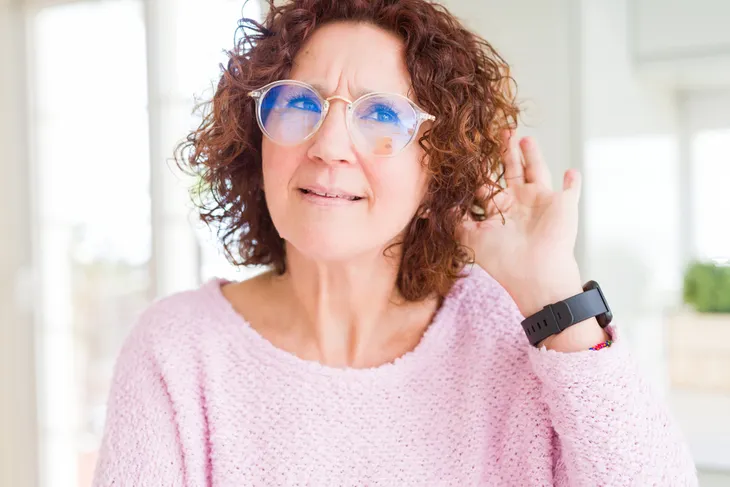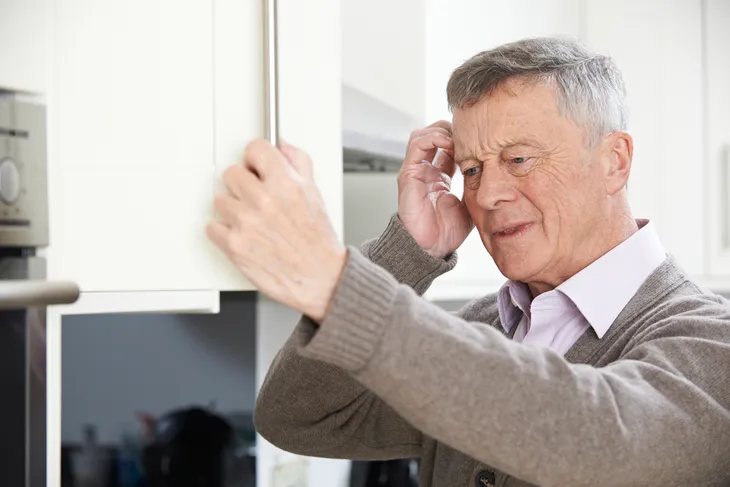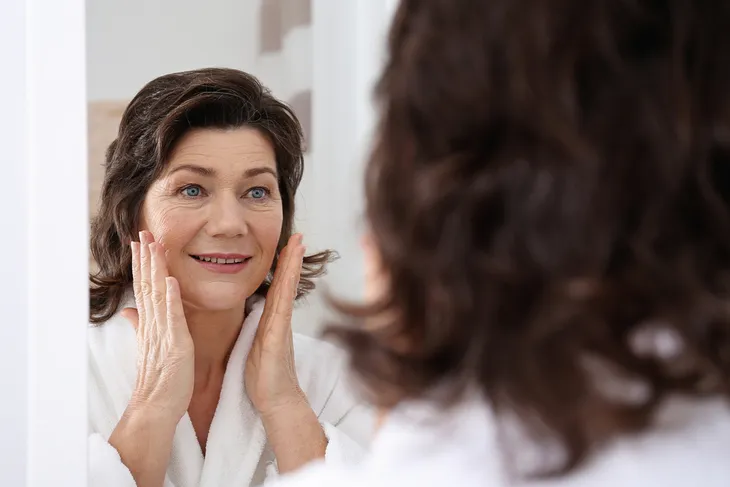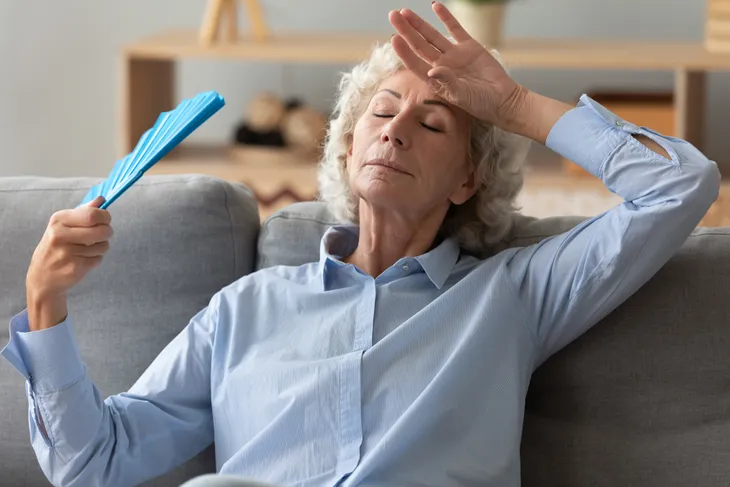Despite our best efforts, aging is an inevitable part of life. We go through our whole life learning and adapting to our ever-changing bodies which become more evident as we age. In fact, there are some changes you might not even be aware of! Not only do we experience graying hair and wrinkling skin, there are even more changes happening under the surface.
Did you know the size of your brain will get smaller and your sense of taste will change? These are all things you should anticipate as you enter your golden years! Follow along as we uncover the 10 strange ways the mind and body change as we age.
You Might Crave Different Foods
If you suddenly start craving foods you never used to enjoy before, it’s not as strange as it might seem. As we age, noticing different flavors can become more difficult. Some men start to lose their taste buds in their 50s while women can lose their taste buds in their 40s. This is a big reason why older adults often reach for foods high in salt, fat, and sugar because they offer more flavor.
In addition to taste, your sense of smell may lessen too. Our sense of smell is at its strongest between the age of 30 and 60 but after that, it can begin to weaken. In fact, some seniors may even eventually lose their sense of smell completely. All of these changes can play a role in what types of foods we crave.
You May Need More Trips To the Bathroom
If you start to notice you need more trips to the bathroom as you get older, know you’re not alone! Ryan P. Terlecki, M.D., assistant professor of urology at Wake Forest University School of Medicine says, “By their 50s, some 15 to 20 percent of people get up at least twice in the night to urinate,”
In addition to frequent trips to the bathroom, Medical University of South Carolina (MUSC Health) says constipation can become more common for older adults. This can happen due to lack of muscle tone in the bowel and abdominal muscles, lack of dietary fiber, lack of exercise, not drinking enough fluids, and certain types of medications
You May Notice Changes in Your Vision
The most important thing to point out here is that actual vision loss is not a normal part of aging. That said, changes like finding it harder to focus especially with things up close, needing more light to see, taking longer to adjust after leaving a dark room, and finding it difficult to distinguish similar colors are all normal changes of aging, explains the Moran Eye Center at University of Utah.
As you age you also become at risk for developing age-related eye conditions such as age-related macular degeneration, diabetic retinopathy, cataracts, and glaucoma. With that in mind, be sure to keep up with your regular eye exams and try your best to protect your vision by living a healthy lifestyle.
Your Brain Gets Smaller
As we get older, our brain gets smaller, particularly in the frontal cortex and hippocampus. These parts of the brain are important for memory, planning, complex mental activities, and learning.
While this may sound alarming, there’s no need to worry. Older adults are still perfectly capable of learning new things and can adapt. It’s also recommending that you lead a healthy lifestyle as this is the best defense against an aging brain. Some great practices include a healthy diet, regular exercise, and consuming alcohol in moderation. To learn more, check out these tips on how seniors can boost brain health!
You Will Shrink Overtime
If you think shrinking was a myth think again. Shrinking can actually start in your 30s. Some men start to lose an inch between the ages of 30 to 70 while women can lose up to two inches.
Dr. Pham Liem, a geriatrician at the UAMS Donald W. Reynolds Institute on Aging says, “Older adults can get shorter because the cartilage between their joints gets worn out and osteoporosis causes the spinal column to become shorter,”
Dr. Pham Liem also explains that aging adults should pay attention to how fast they lose height. If you’re shrinking too fast it may indicate that there is a bigger problem. In that case, be sure to speak to your medical professional.
Your Hearing Changes
Much like your sense of smell, your hearing can also change as you age. Unfortunately, there isn’t a single known cause of age-related hearing loss but it’s most commonly caused by changes in your inner ear, according to MedlinePlus.
Hearing loss occurs when the tiny hair cells in your inner ear are damaged or die. Unfortunately, they don’t grow back. Other factors that can play a role in age-related hearing loss include genetics, repeated exposure to loud noises, certain types of medications, and health conditions.
Accessing Memories Might Get Harder
Forgetting where you placed your keys is something we all experience from time to time but you might find it happening more frequently as you get older. It’s worth noting, the brain can produce new cells at any age which means significant memory loss is not an inevitable part of aging. That said just like your muscles, you need to use it to maintain it.
Age-related memory loss may be caused by the hippocampus (responsible for the formation and retrieval of memories) deteriorating as you age, decreased blood flow to the brain, and hormones and proteins that protect the brain may also decline with age.
Your Skin and Nails Will Change
The good news is you’re a lot less likely to have an acne breakout as you would in your younger years but age does bring other changes in your skin. Some things that naturally occur as we get older include rougher skin, development of lesions, loose skin due to loss of elasticity in the skin tissue, skin becomes more fragile and transparent, and you may even bruise easier due to thinner blood vessel walls.
Further, you may also notice changes in your nails too. As we age our hormones change which may cause your nails to break easier. Keep in mind how your skin changes will also depend on a range of factors such as genetics, lifestyle, diet, and other personal habits. For more information, check out our article on Everyday Habits That Accentuate Wrinkles.
Your Body Odor and Sweat Will Change
Everyone has their own scent and it’s constantly changing throughout our lives. So it’s no secret that your body odor will change as you grow older too. Some experts believe it’s the result of odor compounds such as 2-nonenal and bacteria interacting on the skin. However, this has yet to be fully confirmed.
It could also be caused by interactions between skin gland secretions and bacteria living on the skin. Since the bacteria on your skin changes as you age, so will your body odor. In addition to odor, how much you sweat can change too. This can be caused by several factors such as genetics, medications, an overactive thyroid, and more.
Your Nose and Ears May Start to Appear Larger
At some point in your life, you’ve probably heard someone say your nose and ears never stop growing. But have you ever wondered if this is actually true or simply a myth? The answer is yes, they do appear bigger but it isn’t because they are growing.
The reason your ears and nose appear larger as we get older is due to gravity. These parts of your body are made from cartilage and as we age the cartilage begins to droop and sag which makes them appear larger. In addition to this, other parts of the face like your cheeks and lips lose volume which in turn can make everything appear larger.


